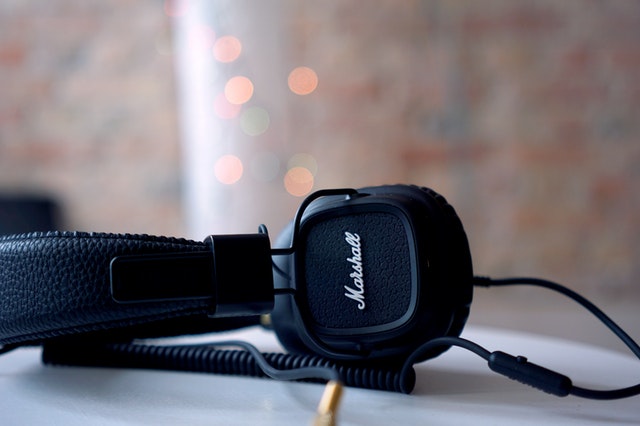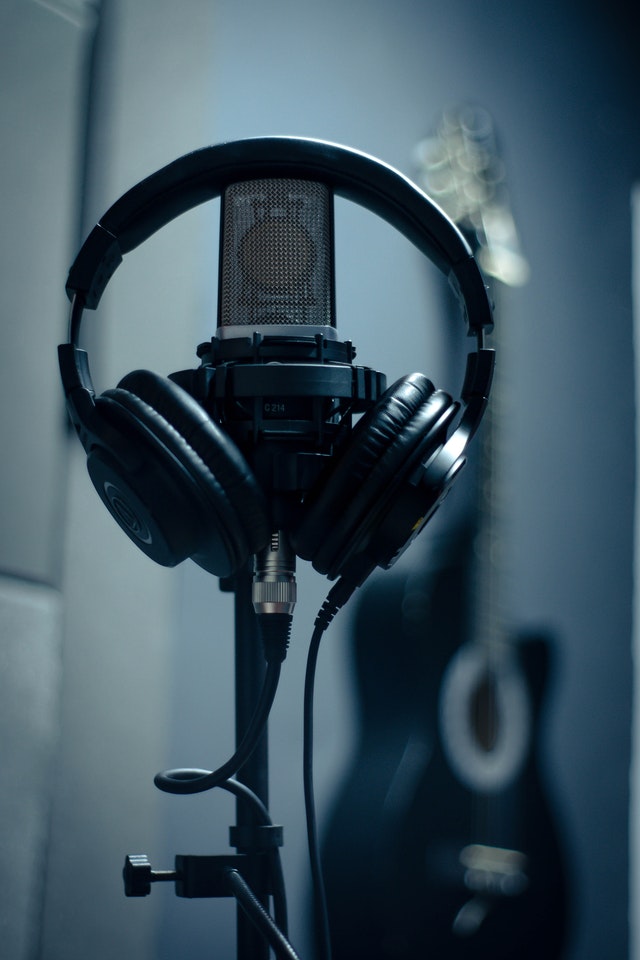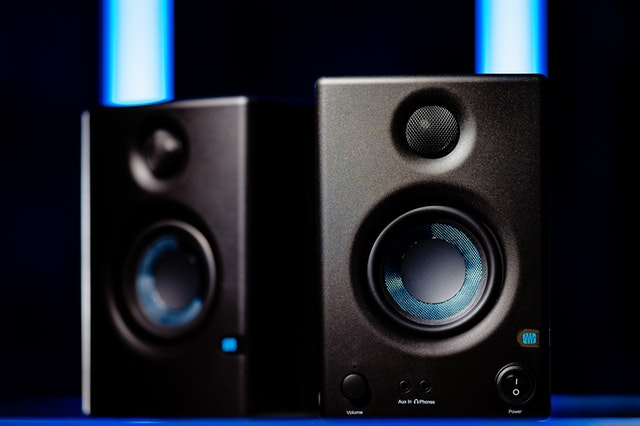Do your speakers make high pitched buzzing noises from time to time, and is annoying you so much that you can hardly stand it any longer? If yes, I am sorry to hear that, and don’t be frustrated about it. Speakers creating high pitched noises can be due to quite a number of reasons and some of them can be easily solved but unfortunately, some of them are not and may incur repair costs.
So before you immediately send it for repair, I will suggest that you read through this article first. You may find similar problems and go through a troubleshooting process to isolate the problem. Once you have isolated the problem which is producing that annoying high-pitched scratching/buzzing noises, you can apply a fix to it and hopefully solved this issue once and for all. Without further ado, let’s start the ball rolling, shall we.
Table of Contents
Basic Troubleshooting
Let’s go through some basic troubleshooting, you may be lucky enough to immediately find out what’s the problem and fix it.
Swap to another pair of speakers
Have another set of speakers that is working fine and dandy? That’s great, take this pair of speakers and swap with your ‘problematic’ ones, start testing them immediately. If the problem stops, the good news is that you’ve found the culprit which is your initial pair of speakers, but the bad news is that your speakers may need repairing.

Swap to another amplifier
No spare speakers lying around? Then how about a spare working amplifier? If you have, swap it with your ‘problematic’ amplifier then do a round of tests. Did the problem persist? If the answer is no, that means your initial amplifier is the one causing the high pitch noise.
Amplifier overheating
Check your amplifier if it is running too hot or hotter than usual while playing your daily music/movies. If it is, then likely you are having an amplifier oscillation. You need to check all your connecting cables to see if they are clean, free of oxidation, are fastened tightly, and not damaged. If you find any of the mentioned issues, please proceed to fix them accordingly.
Do note that sometimes your amplifier may just start overheating without anything playing, you should immediately switch it off and send it for repair.
Change speaker cables
Swap to another speaker cables that you know are working normally if after swapping cables the problem stops, then this means your previous cables are damaged/faulty. If you are bi-wiring your speakers, maybe you should switch to a single wire arrangement and do a test as well.
Use your headphones
Connect your headphones to the amplifier and playback the same source, does your headphones have the same high pitch noise? If not, there’s a high chance is that your speakers are faulty but you should still do the rest of the basic troubleshooting to be 100% sure.

PC / Laptop Issue
This is for users who use their PC/Laptop as a home entertainment center, disconnect your computer, and connect to another source component such as CD player, DVD player, etc. Playback music/movie source using the newly connected source component, do your speakers still emit high-pitched buzzing sound? If not, then you can start focusing on your computer and troubleshoot it. Check if your audio card is updated with the latest driver, are the connecting cables damaged, reset the EQ settings of your media player to default, etc.
If there’s a DAC involved, you may want to switch to a different USB port first, and also use a different USB cable. If the problem persists, then you can either swap to another DAC or remove it completely and do a test.
Microphone Feedback Loop
You should disconnect all microphones including headsets with mic, turning off internal mics of your laptop/devices, etc. This is to prevent a feedback loop from happening as it could create loud high pitched ringing/screeching noise that will damage your speakers. If the problem has stopped, then that means the microphones are the ones causing it. To prevent this from happening again, you just need to remember to deactivate all microphones when you are playing music/movie.

Amplifier EQ Settings and Gains
You may have adjusted the gains on the treble too high or have changed the EQ settings. You should start lowering down the gains including the bass and turn off any EQ settings. There is also a chance that these adjustments are made by your audio calibration system.
Additional Troubleshooting for Powered Speakers
The troubleshooting guide mentioned earlier in the article is mainly focused on passive speakers, but what if your speakers are self-powered. I’ve got you covered, do note that you should still do the earlier mentioned troubleshooting methods but of course do those that are applicable.
Powered / Active Speakers

Active speakers have their own power amplifiers integrated into their enclosure. As mentioned, you should still go through the basic troubleshooting guide listed here. Since active speakers have their own power amps, they will need their own power source. You can try changing to another power outlet and a different power cable. If the problem still continues, move on to their settings like gains and others, set them to default level. The volume of your playback sources should be turned up to the max, then you should directly adjust the volume level of your self-powered speakers to fine-tune the loudness level.
If you are using a mixer, you should also check your mixer settings, as from what I know it could create quite a number of sound quality issues if is not been set properly.
Some active speaker models are built to share the same power amplifier, which is usually located inside one of the speakers. Then the other speaker will connect to the one with the power amp. Swap the connecting audio cable to another one, and see if the high pitch noise is still been reproduced. You should also check if the power amps overheat easily.
If going through all the various troubleshooting steps and still didn’t help, that means most likely you will need to send in your active speakers for repair. Also due to fact that the power amps are integrated inside the speakers.
To Conclude
This is the reason why we should be careful when handling our home audio components, and if possible service them occasionally. Even though it could be costly and time-consuming to service them but early detection of smaller issues could prevent bigger problems. For instance, random voltage due to leaky capacitor which then leaks into the power amplifier’s circuitries thus energizing the voice coil of the speaker and moves it. This may create a scratchy sound, even without a need for a proper audio signal. From this example, you can see that each different audio/source component will either affect the other in a positive or negative way. This is why we should take care of all our HiFi components.



